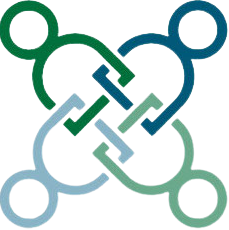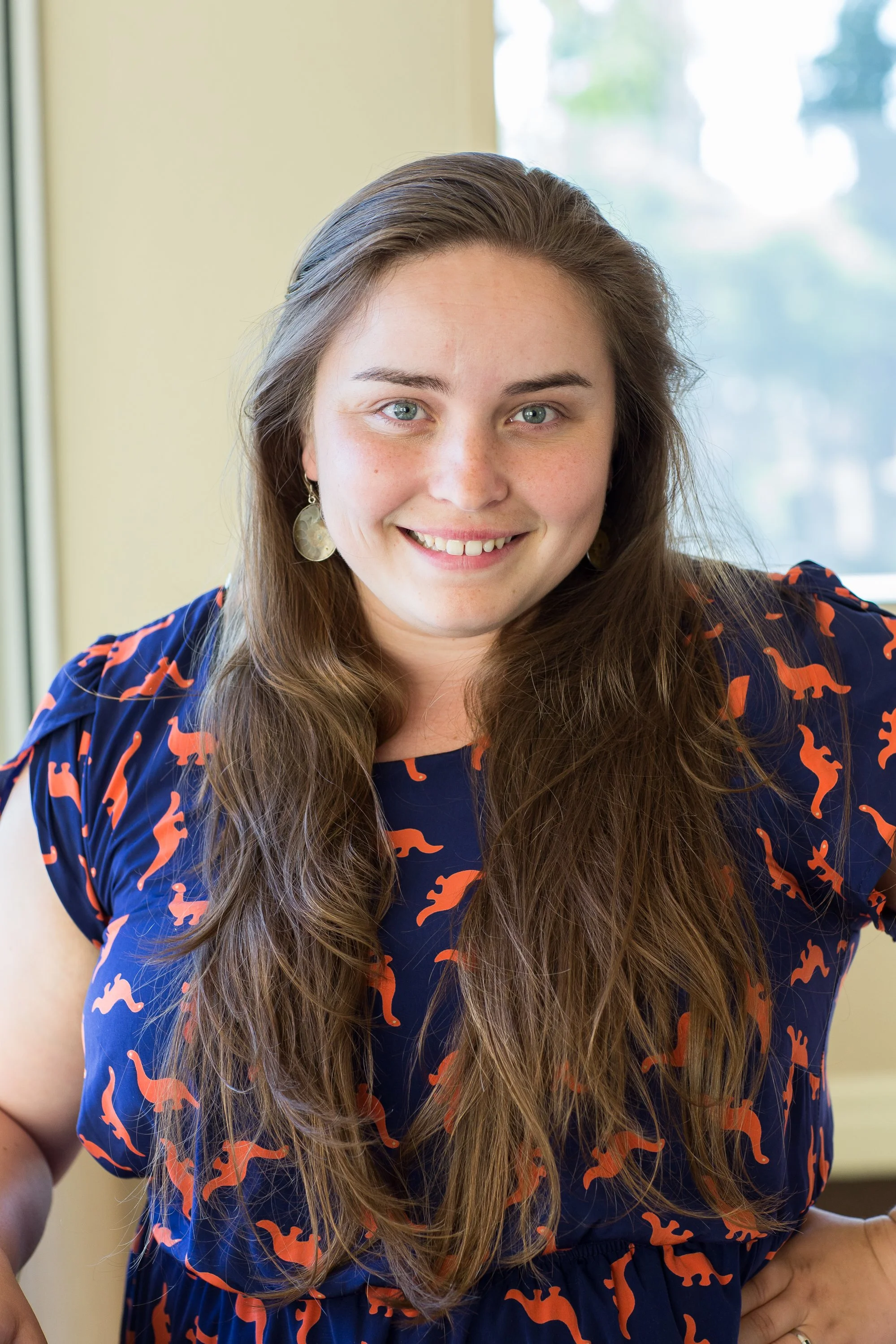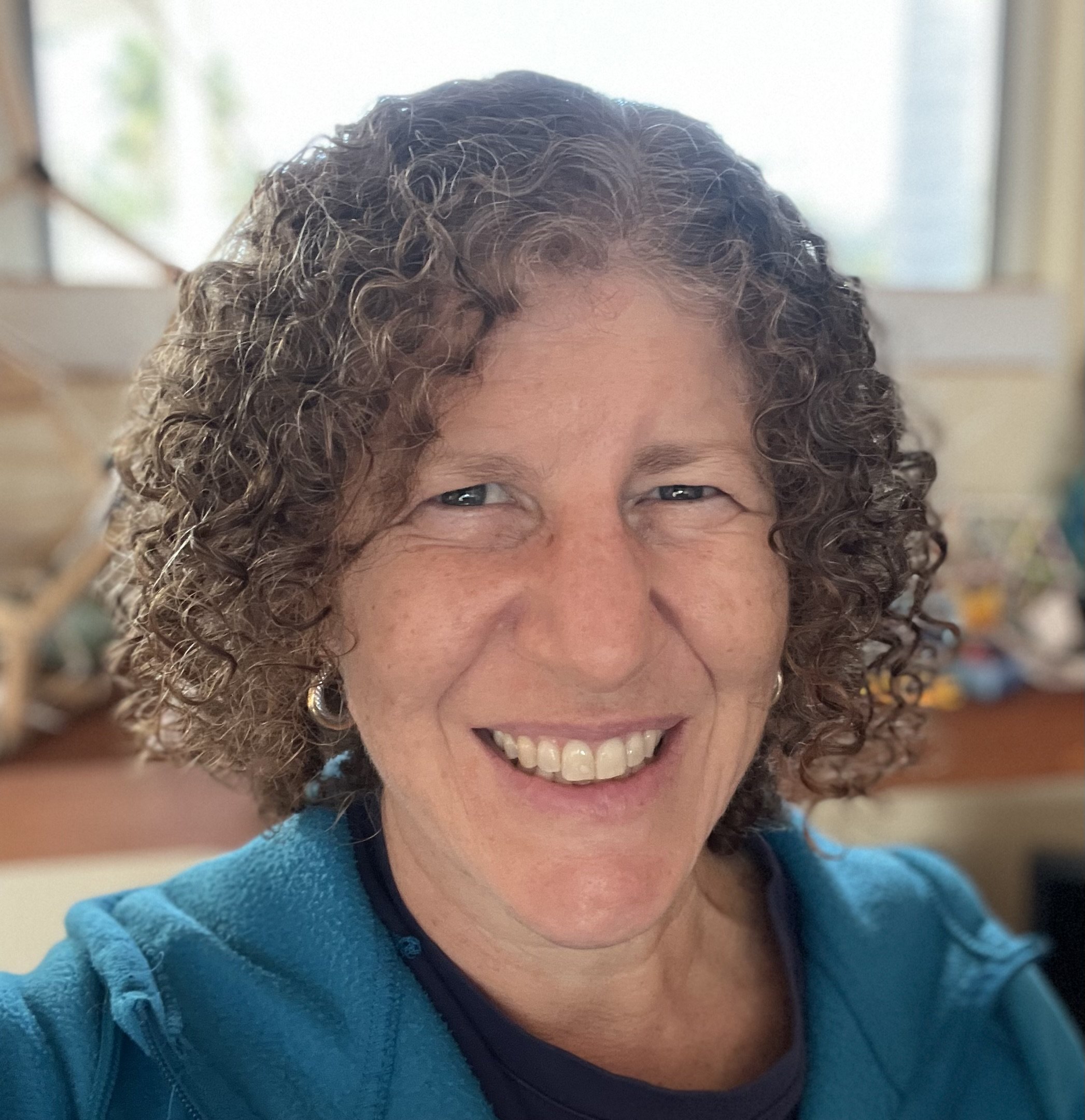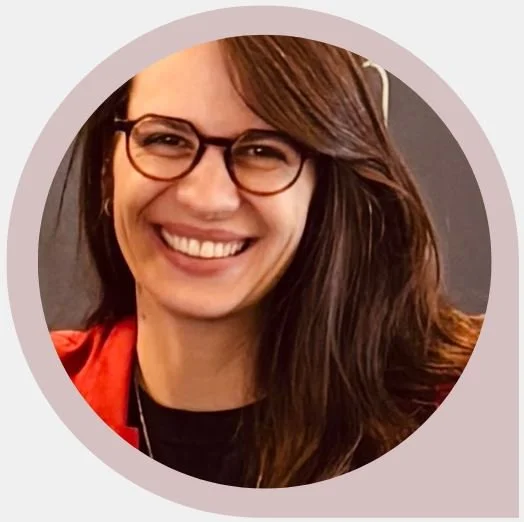
Webinars
Beyond the Usual Suspects: SLCE Scholarship in STEM
November 6, 2025 at 9 am PT | 12 pm ET
This interactive webinar will feature four scholar-practitioners whose service-learning and community engagement work is based in STEM fields. The webinar goes “beyond the usual suspects” in several ways. It features four women trained in traditionally male-dominated fields. It discusses scholarship that spans traditional disciplinary boundaries, integrating the arts, humanities, and sustainable development into STEM education and practice. And it shines a spotlight on community engagement in disciplines not well represented in the SLCE field. The speakers, who hail from all over the world and are at different stages in their careers, will describe their distinct pathways into this work, providing models and inspiration for others who seek to bridge the gap between SLCE and STEM. Please join us for what is sure to be a lively conversation with four remarkable women!
Speakers
Dieuwertje “DJ” Kast, Ed.D., is the Director of STEM Education Programs at the University of Southern California’s Joint Educational Project. As the broader impacts coordinator for multiple NSF grants, she ensures that scientific research benefits diverse communities by translating cutting-edge findings into hands-on, accessible learning experiences for underrepresented groups. DJ spearheaded the creation of the STEAM Powered Career children's book series, featuring main characters and scientists of color, which highlights diverse role models in STEM. By bridging the gap between research and community, DJ has inspired scientists and engineers to engage with individuals of all ages through workshops, school programs, DEI and STEM education advisory boards, and community outreach, fostering diversity in STEM. Her mission is to provide equitable, culturally relevant STEM opportunities to underserved students of color, ensuring that STEM education and careers are accessible to all. Her work in educational equity and DEI in STEM has been recognized by a number of organizations and awards, including the Anitab.org Social Impact Abie Award (Women in Technology), INSIGHT Into Diversity Inspiring Program in STEM Award, and Forbes 30 under 30 in Science.
Berta Paz Lourido, Ph.D. is a passionate academic leader and dedicated researcher, currently serving as an Associate Professor of Physiotherapy at the University of the Balearic Islands (UIB), Spain. With an exceptionally interdisciplinary background—holding degrees in Physiotherapy, Pedagogy, Audiovisual Communication, Bioethics, and International Cooperation—she possesses a Ph.D. with a European Distinction. Her research is driven by a profound interest in the regenerative capacity of Service-Learning (SL) as a catalyst for policymaking and institutional change within higher education. This focus establishes her as a committed leader in the field, which she actively champions through her national, European, and global leadership positions. A key area of her expertise is the transformative role SL plays in redefining the Physiotherapy academic curriculum to meet current social and environmental demands. Her work specifically focuses on infusing a sense of nature interconnection in students, combining it with the framework of Planetary Health. To realize this vision, she leads innovative partnerships and co-participatory research projects with rural stakeholders and environmental organizations.
Perla Lahana Myers, Ph.D. is Executive Director of the Jacobs Institute for Innovation in Education and Professor of Mathematics at the University of San Diego. A mathematician and program builder, she designs community-connected learning experiences that invite curiosity, creativity, and joy, so that more learners see themselves as mathematicians, STEAM leaders, and innovators. Her team's current portfolio includes several NSF projects: AnchorSTEM (STEM undergraduate belonging and persistence), VisMO (an origami-based approach to strengthening visuospatial and geometry learning ad lowering math anxiety), and eSPAC3 (spatial computational thinking through virtual environments), as well as initiatives such as Pactful (a social good innovation app), the STEAM Academy and the STEAM Youth & Community Conference. Perla earned her B.S. in Mathematics from the University of Houston and her M.A. and Ph.D. in Mathematics from UC San Diego. She has been recognized with USD’s Women of Impact Award, the MAA Award for Distinguished University Teaching, and selection as a Notable Woman in Mathematics by the Association for Women in Mathematics. Across research, teaching, and public engagement, her work, in partnership with community organizations, bridges K–16 education, collaborative design, and practical implementation to broaden participation in STEM and spark durable, joyful learning.
Talyta Torrezan, a “humanistic engineer” at heart, is a Ph.D. candidate in Materials Science and Engineering at UFSCar (Federal University of São Carlos), Brazil. Her research focuses on integrating social justice and community-engaged learning into engineering education, seeking to contribute to more just and sustainable futures. She previously spent nearly eight years at Suzano S.A. — the world’s largest pulp producer — leading innovations for sustainability. Her academic background includes a Master’s in Sustainable Materials, an MBA in Innovation, and a specialization in Education. As a fellow of the Brazil-USA Undergraduate Education Modernization Program (PMG), supported by Fulbright and the Brazilian government, she reimagines engineering education, while also bringing perspectives from Brazil and engineering into global dialogues on SLCE.




